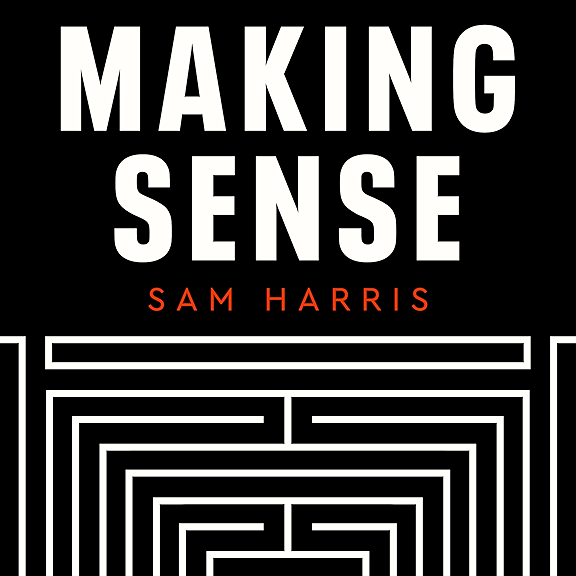
84. Brian Nosek: Improving science, the past & future of the Center for Open Science, and failure in science
Brian Nosek is a professor of psychology at the University of Virginia, and Co-founder and Executive Director of the Center for Open Science. In this conversation, we discuss the Center for Open Science, Brian's early interest in improving science, how COS got started, what Brian would like to do in the future, and how to figure out whether ideas are working.
BJKS Podcast is a podcast about neuroscience, psychology, and anything vaguely related, hosted by Benjamin James Kuper-Smith.
Support the show: https://geni.us/bjks-patreon
Timestamps
00:00: Brian's early interest in improving science
15:24: How the Center for Open Science got funded (by John and Laura Arnold)
26:08: How long is COS financed into the future?
29:01: What if COS isn't benefitting science anymore?
35:42: Is Brian a scientist or an entrepreneur?
40:58: The future of the Center for Open Science
51:13: A book or paper more people should read
54:42: Something Brian wishes he'd learnt sooner
58:53: Advice for PhD students/postdocs
Podcast links
- Website: https://geni.us/bjks-pod
- Twitter: https://geni.us/bjks-pod-twt
Brian's links
- Website: https://geni.us/nosek-web
- Google Scholar: https://geni.us/nosek-scholar
- Twitter: https://geni.us/nosek-twt
Ben's links
- Website: https://geni.us/bjks-web
- Google Scholar: https://geni.us/bjks-scholar
- Twitter: https://geni.us/bjks-twt
References & Links
Article about John Arnold: https://www.wired.com/2017/01/john-arnold-waging-war-on-bad-science/
Scientific virtues (including stupidity): https://slimemoldtimemold.com/2022/02/10/the-scientific-virtues/
Cohen (1994). The earth is round (p<. p05). American psychologist.
Greenwald (1975). Consequences of prejudice against the null hypothesis. Psychological bulletin.
Greenwald, McGhee & Schwartz (1998). Measuring individual differences in implicit cognition: the implicit association test. Journal of personality and social psychology.
Hardwicke & Ioannidis (2018). Mapping the universe of registered reports. Nature Human Behaviour.
Meehl (1967). Theory-testing in psychology and physics: A methodological paradox. Philosophy of science.
Nosek, Banaji & Greenwald (2002). Harvesting implicit group attitudes and beliefs from a demonstration web site. Group Dynamics: Theory, research, and practice.
Nosek & Bar-Anan (2012). Scientific utopia: I. Opening scientific communication. Psychological Inquiry.
Nosek, Spies & Motyl (2012). Scientific utopia: II. Restructuring incentives and practices to promote truth over publishability. Perspectives on Psychological Science.
Rosenthal (1979). The file drawer problem and tolerance for null results. Psychological bulletin.
Open Science Collaboration (2015). Estimating the reproducibility of psychological science. Science.
Schwartz (2008). The importance of stupidity in scientific research. Journal of Cell Science.
Uhlmann, Ebersole, Chartier, Errington, Kidwell, Lai, McCarthy, Riegelman, Silberzahn & Nosek (2019). Scientific utopia III: Crowdsourcing science. Perspectives on Psychological Science.




















